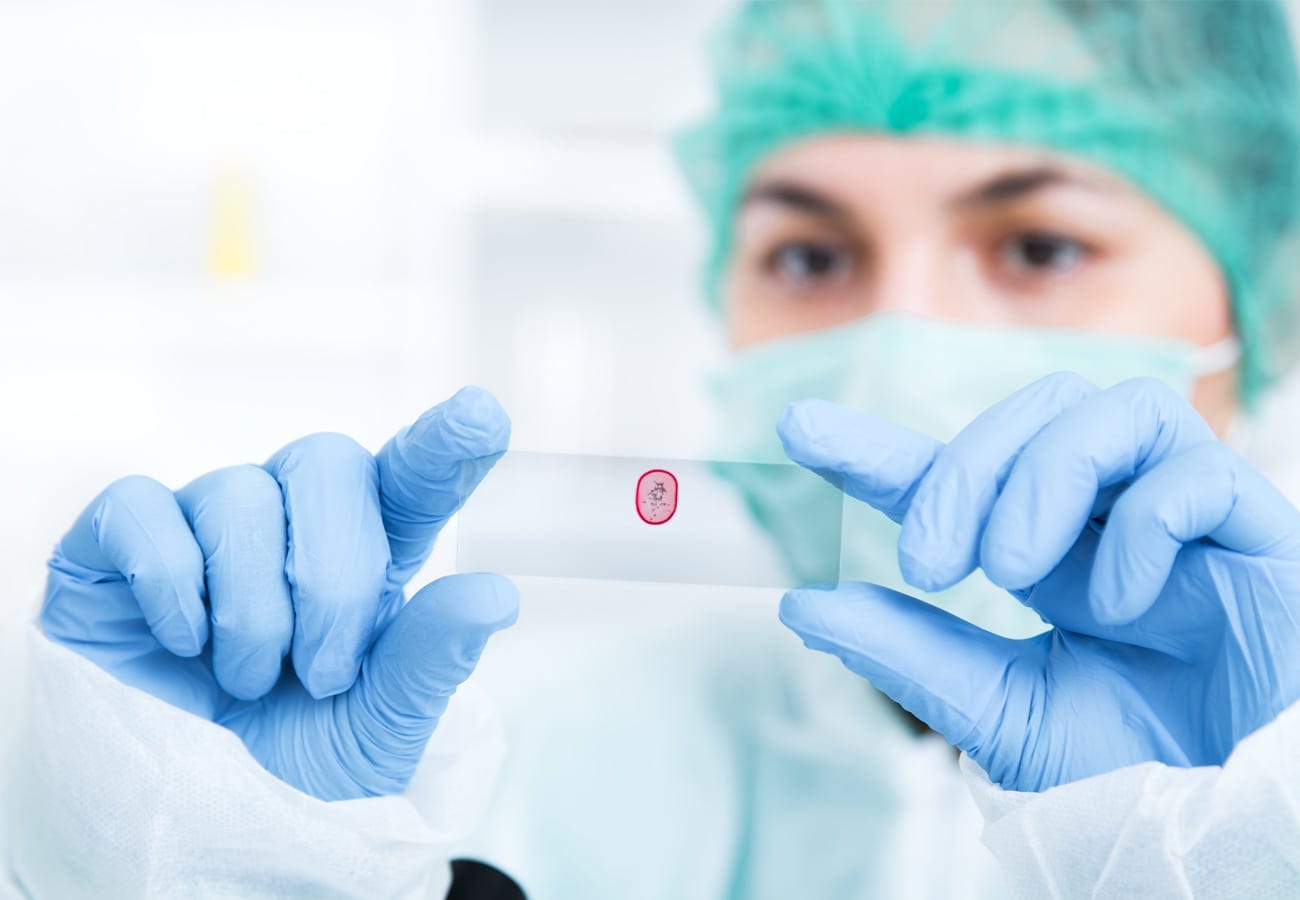CLEVELAND, May 18, 2021 — The Eversight Center for Vision and Eye Banking Research has awarded five grants to investigators at Harvard Medical School, University of Illinois College of Medicine and Wayne State University School of Medicine to advance promising eye and vision research.
Recipients were selected by an independent review panel of academic researchers and ophthalmologists led by Jonathan Lass, MD, Charles I. Thomas Professor of Ophthalmology and Visual Sciences, Case Western Reserve University. Proposals selected for funding align with Eversight’s mission to restore sight and prevent blindness through meaningful scientific inquisition.
“The applicant pool once again demonstrated scientific curiosity and academic integrity that continues to impress our review panel each funding cycle,” said Onkar B. Sawant, PhD, Eversight Director of Research & Innovations. “The Eversight Center for Vision and Eye Banking Research remains dedicated to supporting our partners’ foundational ocular investigations. We look forward to the findings of these five projects and how they might expand our current knowledge of Fuchs dystrophy, dry eye, graft rejection and more.”
Eversight has a robust research and development history and has awarded more than $4 million in grant funding to fuel scientific exploration in the field of vision science. Many of these projects have stimulated larger-scale studies and won further financial support from the National Institutes of Health.
“Early-stage funding for foundational science empowers researchers to uncover the unknown and modernize therapies that may ultimately revolutionize sight preservation and restoration worldwide,” said Diane Hollingsworth, Eversight President/CEO. “Congratulations to all grant recipients and thank you to Eversight philanthropic supporters, whose contributions support continued eye and vision research.”
2020-2021 grant recipients and their proposals are:
- Pablo Argueso, PhD, Associate Professor of Ophthalmology, Harvard Medical School, and Senior Scientist, Massachusetts Eye and Ear, is investigating the molecular pathways that lead to impaired contractile function in the aging lacrimal gland, which is critical to tear production in the eye. His study aims to identify factors responsible for decreased tear production in aging populations to potentially reduce these factors and overall dry eye in people over 50.
- Robert Jin-Hong Chang, PhD, Research Associate Professor, University of Illinois College of Medicine, is investigating the guidance molecules that play important roles in the regulation of the blood and lymphatic vessels connected to signaling pathways in the eye. His study intends to provide additional avenues for molecular-targeted therapeutic strategies that aim to reduce graft rejections and ultimately improve the success rate of corneal tissue transplantation.
- Kyu Yeon Han, PhD, Research Assistant Professor of Ophthalmology, University of Illinois College of Medicine, is investigating small molecule libraries to identify and develop MMP14 inhibitors to reduce enzyme activity. His work could ultimately lead to the creation of novel therapeutics to treat impaired corneas, the fourth leading cause of blindness globally.
- Ula V. Jurkunas, MD, Associate Professor of Ophthalmology, Harvard Medical School, and Associate Scientist, Massachusetts Eye and Ear, is investigating whether ultraviolet light A (UVA) induces mitophagy, which is augmented by heightened reactive estrogen metabolite production seen in Fuchs corneal endothelial dystrophy. Fuchs is a common genetic disorder that reduces sight and is typically more prevalent in women than men. Her study explores a novel concept of linking mitochondrial dysfunction and estrogen hormonal imbalance, which could reduce the prevalence of Fuchs in women.
- Ashok Kumar, PhD, Associate Professor of Ophthalmology, Visual and Anatomical Sciences, Wayne State University School of Medicine Kresge Eye Institute, is investigating whether or not ocular surface epithelial cells are susceptible to SARS-CoV-2 infection. His study could help fill a knowledge gap at the intersection of COVID-19, ophthalmology and public health.
Applications for the 2021-2022 Eversight Eye & Vision Research Grant Program cycle will be accepted July 13-Sept. 10, 2021. Learn more at eversightvision.org/grants.
About Eversight
Eversight is a nonprofit organization with a mission to restore sight and prevent blindness through the healing power of donation, transplantation and research. The Eversight network is responsible for recovering, evaluating and providing human eye tissue for transplantation; supporting research into the causes and cures of blinding eye conditions; promoting donation awareness through public and professional education; and providing humanitarian aid to people around the world in need of corneal transplantation. Operating in Connecticut, Illinois, Michigan, New Jersey, Ohio and South Korea, Eversight works in collaboration with surgeons, researchers, academic medical centers and eye banks across the United States and abroad. For more information, visit eversightvision.org.
Media Contact
Mackenzie Mohr
Marketing & Communications Manager
(517) 204-1413



